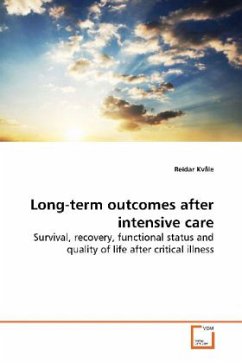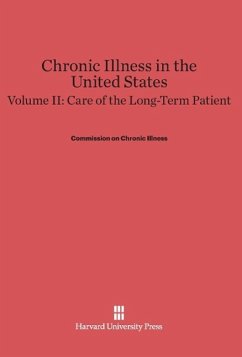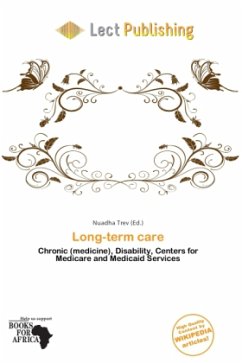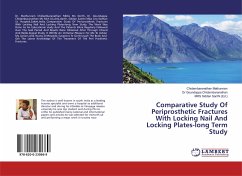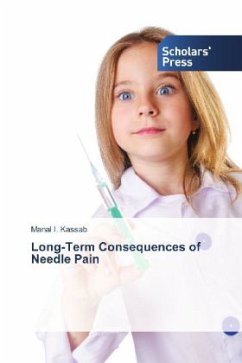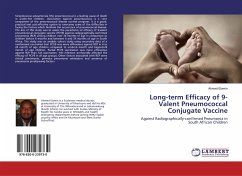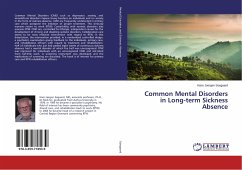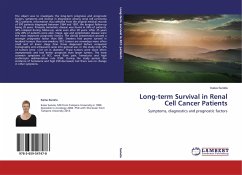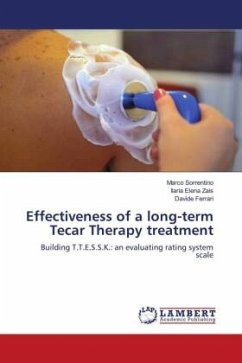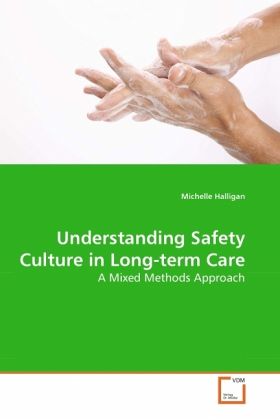
Understanding Safety Culture in Long-term Care
A Mixed Methods Approach
Versandkostenfrei!
Versandfertig in 6-10 Tagen
39,99 €
inkl. MwSt.

PAYBACK Punkte
20 °P sammeln!
This research covers the literature on healthcare safety culture, and provides an example of understanding safety culture in long-term care (LTC) using mixed methods. The literature provided a multiplicity of safety culture definitions, theoretical underpinnings, dimensions, survey tools, and interventions. In addition, less emphasis was placed on LTC settings than acute care. Acknowledging this gap, semi-structured interviews, a focus group, and a survey were used to explore safety culture in a single unit of a LTC home. Results suggested a reactive culture, where safety systems were piecemea...
This research covers the literature on healthcare safety culture, and provides an example of understanding safety culture in long-term care (LTC) using mixed methods. The literature provided a multiplicity of safety culture definitions, theoretical underpinnings, dimensions, survey tools, and interventions. In addition, less emphasis was placed on LTC settings than acute care. Acknowledging this gap, semi-structured interviews, a focus group, and a survey were used to explore safety culture in a single unit of a LTC home. Results suggested a reactive culture, where safety systems were piecemeal and developed only in response to adverse events and/or regulatory requirements. A punitive regulatory environment, low budgets and staffing levels, heavy workloads, and poor capacity for training in resident safety were barriers to improving safety. In the future, researchers should work towards the creation of a model of safety culture acceptable for use and adoption by all healthcare organizations. More in-depth observational and longitudinal research is needed to best understand safety culture in LTC. The inclusion of anthropologists would aid in moving this research forward.



